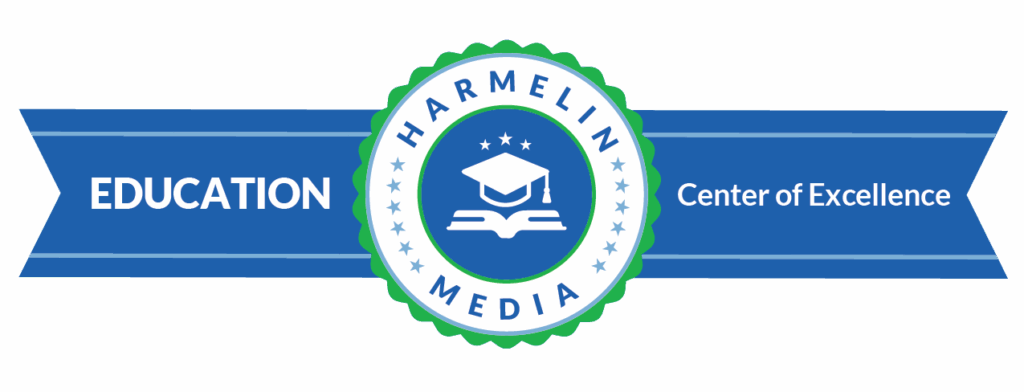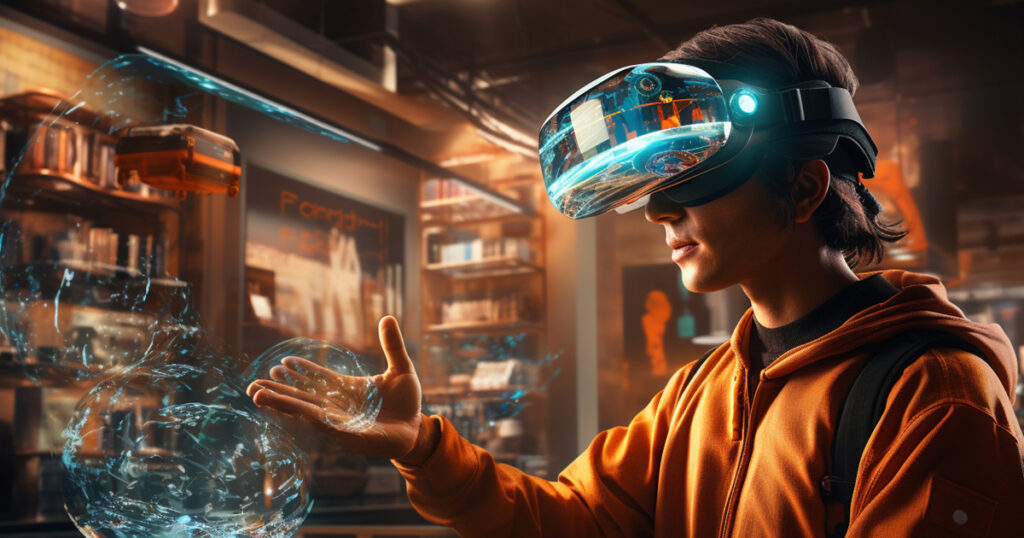
Education trends continue to focus on AI-powered personalization and automation, immersive and hybrid technologies, and evolving learning models including microlearning and skills-based education.

Virtual and augmented reality are poised to become mainstream, enabling immersive learning including virtual field trips, simulations, and interactive environments. This enhances engagement, especially in STEM and technical subjects.
Immersive Technologies (VR/AR/Metaverse)
Forbes paints a compelling picture of how education is undergoing a seismic shift, driven by technological innovation and the demands of a rapidly changing workforce. Traditional models of education, where learning is front-loaded in youth, are being replaced by lifelong, adaptive learning ecosystems. Technologies like AI, AR/VR, and even neurotechnology, are not just enhancing how we learn; they’re redefining what learning looks like. Immersive virtual environments and AI-driven personalization promise to democratize access and tailor education to individual needs, while also raising important questions about equity, privacy, and the evolving role of human educators.
One of the most exciting and controversial developments is the potential for brain-computer interfaces to accelerate learning. While still in early stages, these technologies could revolutionize how we acquire knowledge and skills, especially for learners with disabilities. As with any powerful tool though, ethical considerations must be front and center. Who controls the data? How do we ensure these tools are used to empower rather than exploit? The promise of optimized learning is tantalizing, but it must be balanced with a commitment to human dignity and oversight.
Looking ahead, the most profound shift may not be technological, but cultural. The normalization of continuous education, through micro-learning, modular programs, and employer-sponsored upskilling, signals a future where learning is no longer confined to classrooms or age brackets. This shift demands a rethinking of how we measure success, how we credential knowledge, and how we support learners across their entire lifespan. The challenge for educators and policymakers is not just to adopt new tools, but to cultivate a mindset of curiosity, adaptability, and resilience. The future of education isn’t only about what we learn, it’s about how we stay ready to learn again and again.

The move away from traditional degree models continues, with accelerated programs, microcredentials, and microlearning gaining ground, offering greater flexibility and direct alignment with industry needs.
Hybrid, Micro, and Skills-Based Learning
Higher education is undergoing a transformative shift, driven by technological innovation and changing student expectations. The integration of AI and automation is streamlining both learning and administrative processes, allowing institutions to personalize education while improving operational efficiency. EdTech continues to expand, with hybrid and fully digital learning environments becoming the norm. These tools not only enhance accessibility; they also redefine the classroom experience, making education more interactive and inclusive. As universities embrace these technologies, they must also invest in digital infrastructure and faculty training to ensure meaningful implementation.
The rise of non-traditional programs and accelerated degree pathways reflects a growing demand for flexibility and affordability. Students are increasingly seeking alternatives to the traditional four-year model, opting for certificate programs, vocational training, and “degree in three” options that align more closely with career goals and financial realities. This shift is also a response to evolving workforce demands, where interdisciplinary skills and adaptability are more valuable than ever. Universities are responding by offering programs that blend technical expertise with business and communication skills, preparing graduates for a dynamic job market.
In our view, the most exciting trend is the increase of global collaboration through remote learning. This not only democratizes access to education but also fosters cross-cultural exchange and innovation. However, institutions must be cautious not to lose sight of the human element — mentorship, community, and emotional support remain critical to student success. As we move into the 2025/2026 academic year, the challenge for higher education will be to balance technological advancement with human-centered design, ensuring that students are not just prepared for the future of work, but also equipped to thrive in a globally connected world.
Source: https://hepinc.com/newsroom/6-trends-were-seeing-in-higher-education/

Online platforms are enabling cross-border collaboration, global classrooms, and lifelong learning. Blockchain-based credentials and microlearning are helping surmount access barriers.
Global Accessibility & Lifelong Learning
Online education in 2026 is no longer a secondary option; it’s a dynamic, tech-driven ecosystem reshaping how we learn, teach, and credential knowledge. AI-powered personalized learning is at the forefront, enabling platforms to tailor content in real time, provide instant feedback, and support learners with 24/7 tutoring. This shift not only enhances student outcomes, but also redefines the educator’s role, allowing instructors to focus on mentorship and emotional support. Meanwhile, AR and VR technologies are making learning more experiential, bridging the gap between theory and practice in fields like medicine, business, and history.
Microlearning and blockchain credentials are also transforming the structure and credibility of online education. Bite-sized content formats cater to modern attention spans and busy lifestyles, while blockchain ensures secure, verifiable records of achievement, critical in a global, modular learning environment. Learning analytics further empowers institutions to intervene early and optimize course design, while real-time translation and cross-border collaboration are making classrooms truly global. These innovations are not simply technological upgrades; they represent a fundamental shift in how education is accessed, delivered, and valued.
The most profound change is the redefinition of the educator’s role, from lecturer to coach. As content delivery becomes increasingly automated, the human element of education, guidance, empathy, and personalized support, becomes even more vital. This shift demands new training models for educators and a renewed focus on soft skills, which are now embedded into curricula to meet evolving workforce demands. The challenge ahead is ensuring that technology enhances, not replaces, the human connection at the heart of learning. Institutions that strike this balance will lead the way in shaping a more inclusive, flexible, and future-ready education landscape.
Source: https://www.ssbm.ch/top-trends-in-online-education-for-2026-ai-ar-and-beyond/
For more information, visit harmelin.com, or connect with us on LinkedIn or Facebook.





